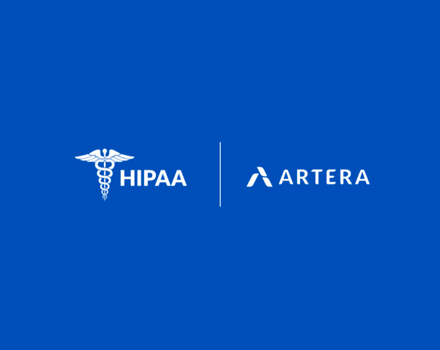
The science behind the ArteraAI Prostate Test March 21, 2023
Our test can help identify patients with localized prostate cancer who will benefit from treatment intensification
Our AI-enabled test accomplishes things that conventional techniques and computers cannot do alone. Using a large volume and a wide variety of clinical data and pathology imagery, our test predicts therapeutic benefit for…
Fill out the form to view the entire article…
Our test can help identify patients with localized prostate cancer who will benefit from treatment intensification
Our AI-enabled test accomplishes things that conventional techniques and computers cannot do alone. Using a large volume and a wide variety of clinical data and pathology imagery, our test predicts therapeutic benefit for patients.
Our test predicts therapeutic benefit from hormone therapy
Spratt DE, et al. 2022 ASCO GU Cancers Symposium. Abstract 223
Our test outperforms standard clinical tools that prognosticate outcomes
First and only AI-derived prognostic biomarker test to be recommended as a risk stratification tool in the NCCN Clinical Practice Guidelines in Oncology (NCCN Guidelines®) for Prostate CancerReferenced with permission from the NCCN Clinical Practice Guidelines in Oncology (NCCN Guidelines) for Prostate Cancer V.1.2023. :copyright: National Comprehensive Cancer Network, Inc. 2022. All rights reserved. Accessed March 9, 2023. To view the most recent and complete version of the guideline, go online to NCCN.org. NCCN makes no warranties of any kind whatsoever regarding their content, use, or application and disclaims any responsibility for their application or use in any way.
Esteva A, et al. Nature Digital Medicine. 2022;5(1):71
Esteva A, et al. 2022 ASCO GU Cancers Symposium. Abstract 222
NCCN, National Comprehensive Cancer Network.
Related Articles
ArteraAI’s Commitment to HIPAA
With ArteraAI’s expansion, we understand that security is a necessity. So we are pleased to announce that ArteraAI is HIPAA c [...]
The science behind the ArteraAI Prostate Test
Our test can help identify patients with localized prostate cancer who will benefit from treatment intensification Our AI-ena [...]

